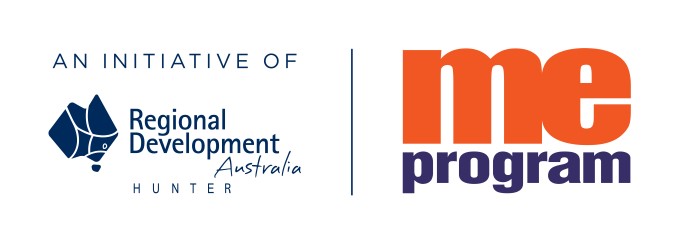Elevators or Escalators?
Last week the Hunter was lucky enough to host a visit by two champions of Science, Technology. Engineering and Mathematics (STEM) education in Australia. Both the Australian Chief Scientist, Professor Ian Chubb and Parliamentary Secretary the Minister for Industry and Science the Hon. Karen Andrews MP were unanimous in their call for a National focus on STEM education for our country’s continued prosperity. They maintain that in order for Australia to flourish our young people must be steered towards STEM subjects at school in order to secure the jobs of the future.
For someone who has worked to increase the focus on STEM education in the Hunter for the last five years as part of RDA Hunter’s ME Program these two visits from such vocal proponents were like visits from royalty. Overwhelmingly, the response from the community was positive but these visits also attracted some scepticism. If the future lies in STEM education then where are all these STEM jobs?
It was Professor Chubb’s response to this very question that resonated with me. “We must teach our children that the careers of the future are gained by taking escalators not elevators.” What he meant was that the careers of the future don’t involve getting into a course of study and pressing “6” for fashion design, “7” for surveying or “8” for hairdressing and expecting a long term career. The nation’s Chief Scientist meant that preparing for the future involves gaining a series of skills, step by step to combine and adapt them according to interest, observations and changes in technology.
This analogy requires a significant shift in our thinking about the future for our young people. As a specialist in career education I am often asked by parents “What should my child study to ensure they have a job in the future?” The answer is often unsatisfactory but ultimately true. Young people have more options than ever before, they should study the subject that interests them but should always include subjects from that magic pudding of Science, Technology, Engineering and Mathematics. The reason is not because these subjects are elevator rides to success but because all jobs in the future will require some journey into these sectors.
If you’d like to be a hairdresser then being a leader in the field will require a fundamental knowledge of chemistry, a surveyor will be required to fly an Unmanned Aerial Vehicles (UAV) to map an area and a fashion designer may well be required to construct a three dimensional image using computers and then print their design on a 3D printer. In short, no career path will escape the requirement for greater levels of STEM education and so we need not ask how many jobs in the future will be STEM jobs but how many won’t require a greater level of STEM education. The answer?.. None
Since 2010 RDA Hunter’s ME Program has boosted the uptake of these subjects significantly. Against falling subject selection rates of these vital subjects nationally the Hunter’s ME Schools have bucked the trend. Much more is required for our region and our nation to remain internationally competitive but it’s a comfort to know that teachers at High Schools in the Hunter are as prepared as any to embrace technological change and provoke an appreciation and capacity for new things in our young scholars.
Whilst there is no longer an elevator ride to success for our young people that will allow them to step into an education pathway and emerge employed there is a growing number of pathways available to the Hunter’s young people that will take them on an escalator ride to the next level in the journey of their career. These journeys include RDA Hunter’s iSTEM program, Hunter TAFE’s Industrial Design course, Mechatronics at the University of Newcastle and UAVAir’s ground-breaking course in remote piloted aerial vehicles. It’s not that any of these journeys guarantee success but they do ensure that young people have options that can be enhanced with other skills and educational journeys as they choose their own adventure.
Ashley Cox is Program Manager for Regional Development Australia – Hunter’s ME Program.

